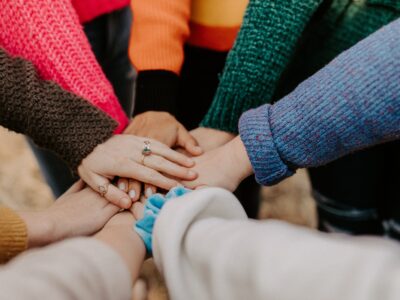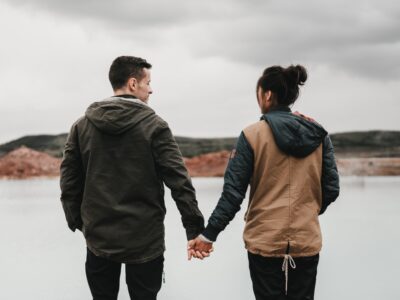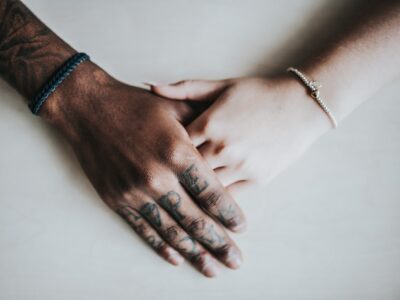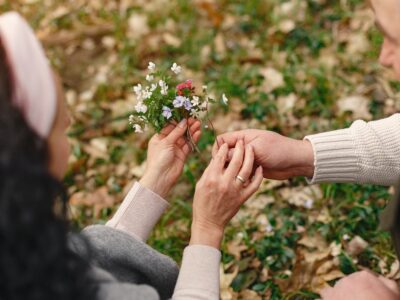Improve Your Romantic Relationship By Making Connections
By Kyi Phyu Maung Maung (Michelle) B.A. in Psychology and Dr. Jeremy Frank PhD, CADC
Why is connection the opposite of addiction? It’s because isolation and addiction are like best friends. Addiction disrupts social relationships leading to isolation, and isolation induces addictive behavior. The ultimate remedy for isolation is connection. How does creating your community in addiction recovery enhance your relationship with your partner?
“C” Create Your Community
The third letter of The ASCENT Approach, “C” stands for “Create Your Community”.
By following the practice of Create Your Community, you open doors to self-discovery, gain a solid support network and develop the opportunity to practice relationship skills. Inevitably, you’ll also bring these skills and qualities back into your romantic relationship.
Humans are inherently social beings. We rely on each other to survive and thrive. But our need for social connections goes far beyond cooperation for survival. Social connection enhances our health. Research has found that social support improves our mental health, which indirectly improves our physical well-being. Mental and physical health are fundamentally linked. Social support reduces our level of stress and fosters a sense of meaning and purpose in life!
How Does Creating Your Community Help Your Romantic Relationship?
We learn as we interact with people. When we meet new people from diverse backgrounds, we tend to be more curious about them — we listen more intently, unconsciously practicing active listening. Listening to their stories, we can also provide compassion and empathy.
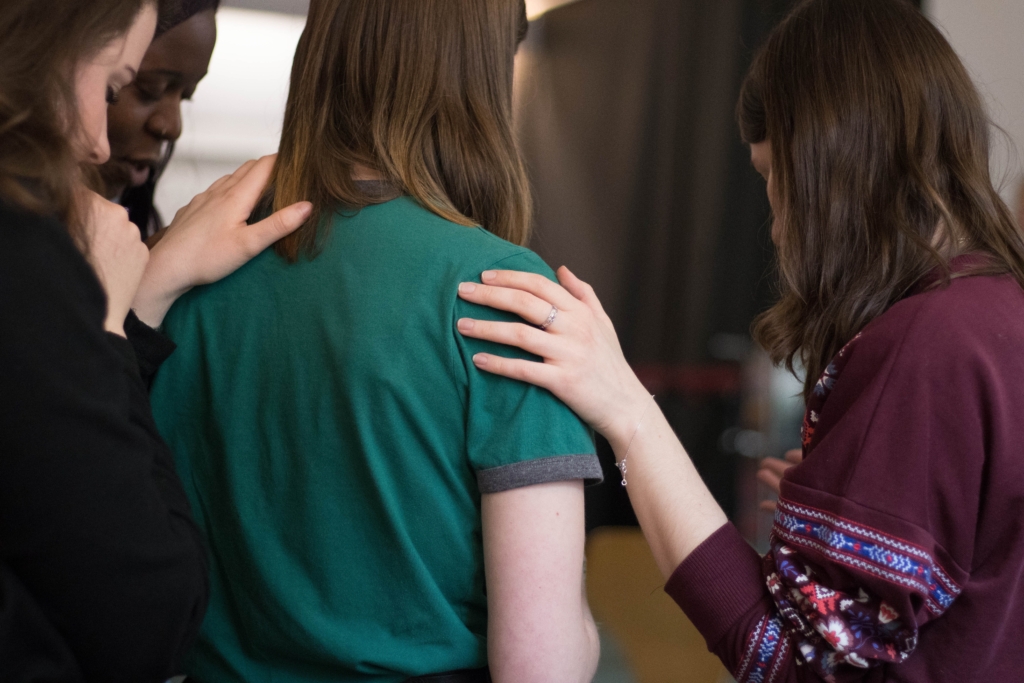
These skills in our romantic relationships can become rusty when addiction isolates us from others. By interacting with new people, we have a chance to practice on the playground of socialization. More importantly, we get the opportunity to bring these valuable skills back into our romantic relationships. For example, you begin to listen more intently when your partner talks about their day instead of taking what they say for granted. Listening to a friend tell you about a conflict she had with her wife might help you understand a conflict you are having with your partner.
Creating new connections opens doors to more interactions and social dynamics. Interacting with new couples serves as a mirror to our relationship with our partner. We find the strengths and weaknesses of our own relationship reflected in them. We also gain perspective and see our romantic relationship in a new light by spending time with others. This can allow us to practice forgiveness for ourselves and our partner, healing past relationship wounds gradually as trust is lost in buckets and gained and healed in drops.
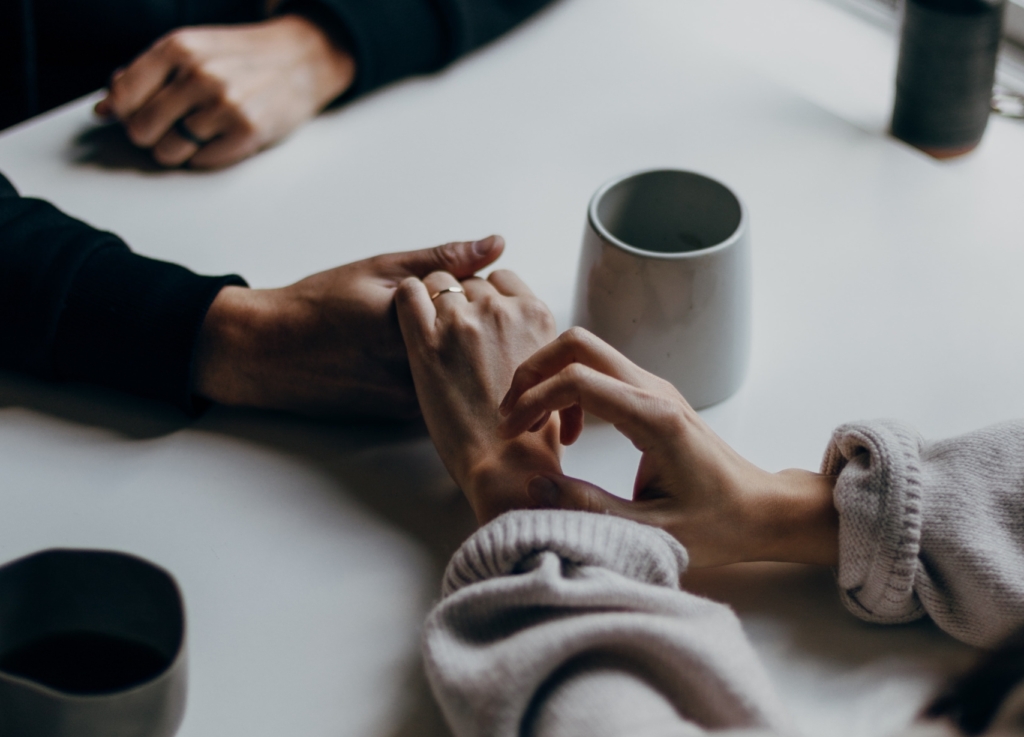
Spending time together with your partner in a new community also allows you to see them interacting and connecting with other people. You may observe them enjoying themselves, having a passionate discussion, cracking jokes; see sides of them that may have been blurred and held back by addiction. This is a chance to rediscover these qualities in your romantic relationship!
Healthy Boundaries are Essential
Boundaries in relationships are the area in between where one person ends and the other person begins. They allow us to determine how far we can comfortably go in a relationship.
Healthy boundaries are essential for a loving and intimate relationship. Establishing boundaries isn’t the same as building walls. Healthy boundaries are flexible; we should be able to adjust them accordingly. When setting boundaries, it’s also vital we convey our needs to our partners while being sensitive about their feelings. We may say: “Honey, I’ve been feeling overwhelmed with responsibilities lately. Would you mind picking up the kids after school from now on? It would really help me.” Or, ” I know you are feeling frisky but I’m exhausted right now. I love you but I need to go to sleep, maybe we can hook up tomorrow night when its an early night, just remind me early if I forget OK I might need some prep time?”
“Boundaries provide a strong foundation for a sound, healthy relationship” – John Amodeo

When we’re in active addiction, boundaries get distorted. Addiction forces us to cross boundary lines that we usually wouldn’t. We become so enmeshed in everyday life managing an addiction that we forget to respect each other’s boundaries. Delaying building these boundaries could lead to one partner reestablishing them with a vengeance, leading to conflict later in the relationship. If we feel our boundaries are overstepped, we start to lose ourselves, which may result in us feeling irritable or “on edge.” We may lash out at our partner in an attempt to re-establish the boundary that was lost.
Practicing Setting Boundaries
Reestablishing boundaries can be incredibly challenging in early recovery since past mistakes, and emotional wounds, bind us. Practicing setting boundaries with the new people we meet in recovery allows us to improve on this with our partners. Creating new connections provides us with an opportunity to build healthy boundaries according to our values and true more sober self regardless of our past behaviors. Here, we can practice saying “no.” We then bring this back into our romantic relationship and honor our boundaries by saying “no” to our partners and telling them what we really want and need.
Building healthy boundaries does not only boost love and intimacy in our relationships. It also enables us to affirm and honor ourselves. Through the turmoil of addiction, we often ignore our own needs. Setting boundaries gives us a chance to redeem self-love.
Why Should We Establish Recovery Social Networks?
We all have a fundamental need to belong in a group, whether with our peers, co-workers, family or support groups. We tend to change our values and attitudes to participate within the group norms. As we surround ourselves with recovery-oriented people, we’re more likely to be exposed to and adopt recovery values and habits. Gradually, our identity will shift from a ‘person suffering from addiction’ to a ‘person in recovery.’
One main reasons behind seeking connection is that we want to be heard and understood. This can be challenging because of the stigma of addiction. Who better to turn to than people who have been in your shoes or those who have also supported a loved one in addiction and recovery? You may find it liberating to share freely without fear of being judged.
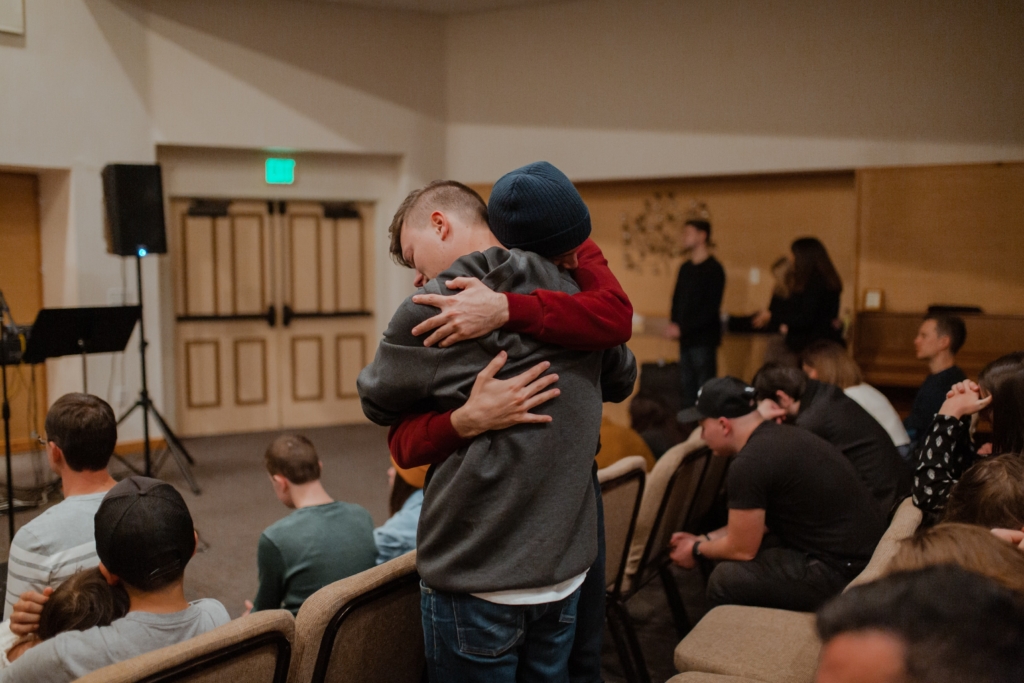
As we become more involved in our recovery community, we help others by being active listeners, sharing our stories, and participating fully in some sort of fellowship. As we feel needed and see ourselves as helpful to other people, we feel a boost in our self-esteem.
According to addiction research, external supervision contributes to long-term recovery. Our recovery community keeps us accountable in sobriety. A support group, like Al-Anon, She Recovers, and SMART Recovery, can provide frequent engagement, commitment to a common purpose and reminders to stick to our recovery goals. Of course, this isn’t only limited to the activities in fellowship meetings themselves. If you plan a fishing trip on Sunday with friends from Al-Anon, to go to the museum or a gallery on the weekend or to have coffee or a meal mid day, you are expected to show up.
Identify People in Your Lives
The practice of Creating Your Community encourages you to identify the people in your and your partner’s lives together. What does your current community look like? What is your partner’s community make-up? Who are the new people in you and your partner’s life? This helps us to see our and our partner’s community clearly. Do we need to extend our community? This should lead to interesting conversations, which helps deepen your relationship with your partner. What does your partner feel about your social circle? How can we support each other in deepening our relationship with our new friends or healthy old friends? What friends might we want to attend to or attempt to build relationships with?
“You and I” to “Us and Our Community”
“New love relationships are important to recovery.” — George E. Vaillant
George E. Vaillant, a prominent researcher in alcohol recovery, stated that it’s essential for people in recovery to build new relationships with people they aren’t emotionally indebted to. Sobriety comes with feelings of shame and fear of condemnation. By expanding our circle and making more connections, we feel free. We are able to begin again and form new healthy relationships.
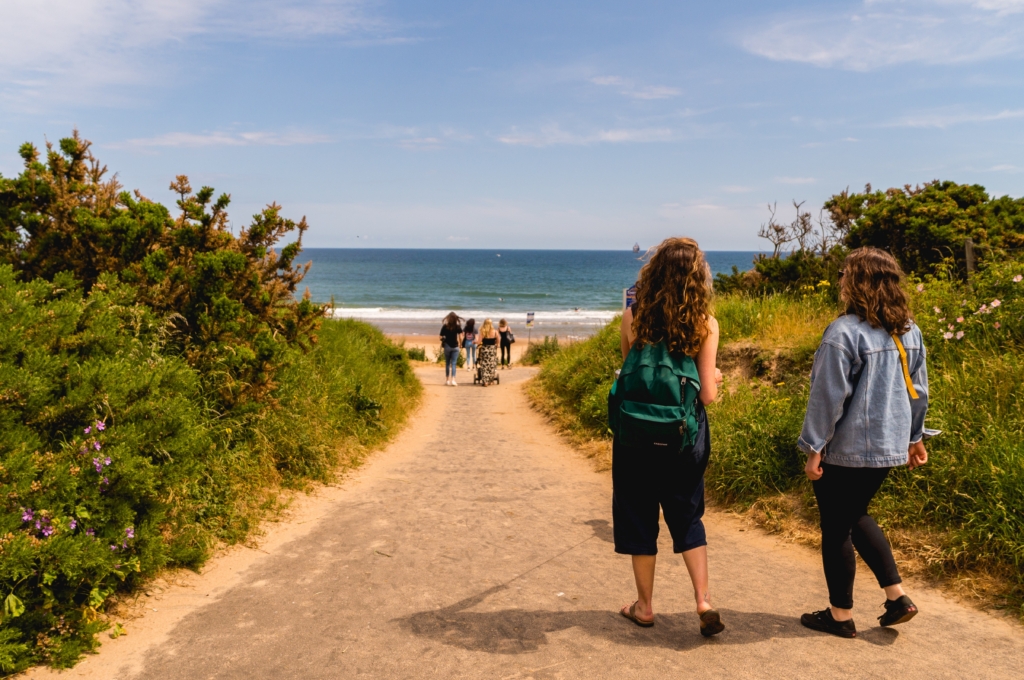
Extending our social connections provides us with a safety net and an opportunity to rediscover ourselves. We learn how to connect and build healthy relationships with others who understand our journey. Most of all, we bring these skills back to our romantic relationships.
As you and your partner move forward in your recovery journey, you will discover that you aren’t alone. It’s not just “You and I” but “Us, and Our Community.”
Read More About The ASCENT Approach
JFA produced a series of articles on our blog that explore each component of The ASCENT Approach in greater detail. We encourage anyone interested in this approach to check out these articles to better understand the practices of the approach.

